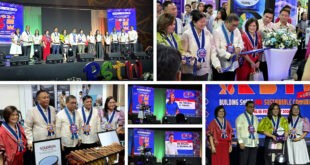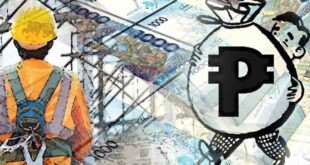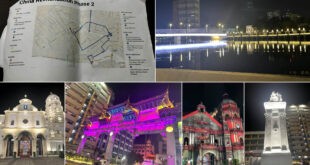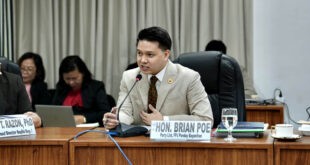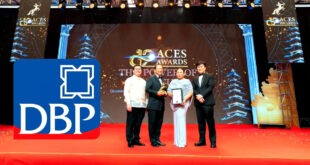NANAWAGAN ang Sustainable energy think-tank Center for Energy, Ecology, and Development (CEED) sa Department of Energy (DOE) na muling pag-aralan o pag-isipan mabuti ang diskarte sa ‘technology-neutral’ bago magpatupad ng polisiya sa Renewable Energy (RE).
Ito ay makaraang mag-anunsiyo ang National Renewable Energy Board na naghahanap sila ng susuri o magrerebyu sa National Renewable Energy Program (NREP) matapos magbahagi ang RE sa ‘power mix’ ng 21 porsiyentong mababang rekord nitong nakaraang taon, halos dekada na matapos maisabatas ang Renewable Energy Act.
“When the Renewable Energy Law was enacted in 2008, the Philippines was lauded for being among the first countries to set a clear vision for a sustainable power sector. Ten years later, it seems that the law’s hopes simply went down the drain. Officials of the Department of Energy, mandated to secure clean, affordable, and reliable electricity for Filipinos, should already be tearing their hair out with this news,” paliwanag ni Gerry Arances, Executive Director ng CEED.
Nitong nakaraang Mayo, inilathala ng CEED ang pagsusuri ng sektor ng enerhiya sa mga nakaraang dekada, kung saan lumalabas ang nakaaalarmang pagdami ng ‘coal expansion,’ pagkaantala sa pagtatayo ng RE, at pagtaas ng bilang ng mga gumagamit ng ‘fossil gas’ sa bansa.
“In the last 10 years, 16 new coal-fired plants were added to our national power fleet. The NREB reports that RE’s share in the mix, meanwhile, went down by 14% to 19% in the same period. Our deepening dependence on fossil fuels, brought about by the delayed implementation of the RE law and an observable partiality to dirty energy from mostly imported coal, has not only undermined our country’s energy security and caused soaring electricity prices, it has also led us off-track in adhering to imperatives of the climate crisis,” ayon kay Arances.
Aniya, bagamat ang bansa ay may potensiyal na 250 GW sa RE, di-kasama ang solar, iginigiit pa rin ng DOE nitong mga nakaraang taon ang ‘non-preference’ para sa RE at patuloy na tinatanggihan at pinipigilan ang ‘development’ ng fossil fuels projects, na magpapahamak at lubhang mapanganib sa mga konsumer at apektadong komunidad sa ‘dirty and costly impacts’ ng ‘coal’ o karbon.
“Recent scientific findings, beginning with the 2018 report of the IPCC, show that the climate crisis demands a radical reduction of fossil fuel use globally. Quite fortunately, climate-vulnerable Philippines is in a position to lead the transition with its abundant renewable sources. The NREB should consider this as it updates the NREP. More importantly, the DOE should end its talk of neutrality, which has benefited none other than companies developing coal power,” giit ni Arances.
Binigyang-diin ng tagapagtaguyod ng enerhiya, ang ‘technology-neutral stance’ ay hindi pantay-pantay sa pagsusulong sa pagpapaunlad ng ‘renewable energy’ at humadlang lamang sa mga konsumer na makamit ang mura at malinis na elektrisidad mula sa ‘renewables.’
“The DOE has yet to significantly comply with the marching orders President Duterte issued a year ago for it to fast-track RE development and decrease dependence on coal. We remind them that press releases don’t count in this regard; their compliance will be reflected in the share of RE in the energy mix and in the price of consumers’ electricity bills,” dagdag ng CEED director.
 HATAW! D'yaryo ng Bayan hatawtabloid.com
HATAW! D'yaryo ng Bayan hatawtabloid.com



